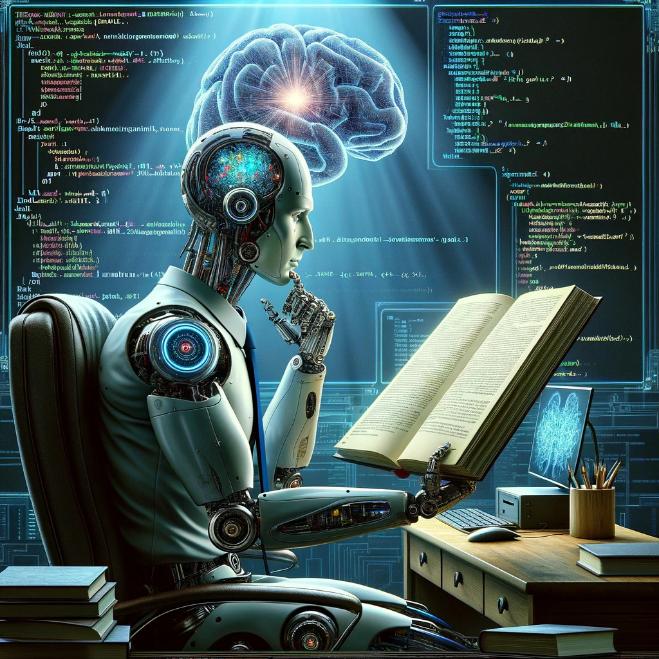The Evolution of AI in Manufacturing
Artificial Intelligence (AI) has been rapidly transforming the manufacturing industry by automating and streamlining processes, thereby boosting productivity and efficiency. AI uses advanced algorithms and machine learning techniques to analyze vast amounts of data and make intelligent decisions based on that data. With the development of innovative AI technologies, manufacturing companies can now achieve higher levels of accuracy, precision, and productivity. This has led to a significant impact on the manufacturing workforce, changing the way they work and interact with technology.
The Changing Skill Requirements for Manufacturing Workers
AI has brought about a massive change in the skill requirements for manufacturing workers. With the introduction of smart factories and machines, workers now need to have a combination of technical and analytical skills to succeed in the industry. The traditional assembly line jobs that required manual labor are being replaced by advanced automated processes. This has led to a decline in the demand for low-skilled workers and an increase in the need for workers with technical expertise.
A More Collaborative Workplace
With the implementation of AI in manufacturing, there has been a shift towards a more collaborative workplace. Rather than being replaced by machines, manufacturing workers are now working alongside them to enhance productivity and efficiency. This has created a new level of collaboration between humans and AI. Workers are required to input data and monitor the machines, while AI uses that data to make informed decisions and optimize processes. This collaborative relationship has not only improved productivity but has also reduced the physical and mental strain on workers.
The Emergence of New Job Roles in Manufacturing
While AI has replaced some traditional jobs in manufacturing, it has also created new job roles and opportunities. With the complexity and sophistication of AI, there is a growing demand for workers with specialized skills in AI development, data analysis, and machine learning. These high-skilled positions offer better salaries and job security. The demand for these roles will continue to rise as more manufacturing companies adopt AI and automation in their processes.
The Impact of AI on Employee Satisfaction and Retention
One of the most significant impacts of AI on the manufacturing workforce is the improvement in job satisfaction and retention. With the introduction of AI, workers are relieved of tedious and repetitive tasks, allowing them to focus on more critical and challenging tasks. This has led to a more engaged and motivated workforce and has reduced the turnover rate in manufacturing companies. Moreover, the upskilling and training programs provided by companies also contribute to the job satisfaction and retention of employees, as they feel valued and invested in by their employers.
Conclusion
In conclusion, the use of AI in manufacturing has brought about significant changes in the industry and its workforce. It has led to a shift in the skill requirements for workers, a more collaborative workplace, the emergence of new job roles, and improved job satisfaction and retention. While there may be concerns about the potential job displacement due to AI, it is evident that it has also created new opportunities for workers and improved the overall efficiency and productivity of the manufacturing sector. With further advancements in AI technology, the impact on the manufacturing workforce is only expected to increase in the years to come.

